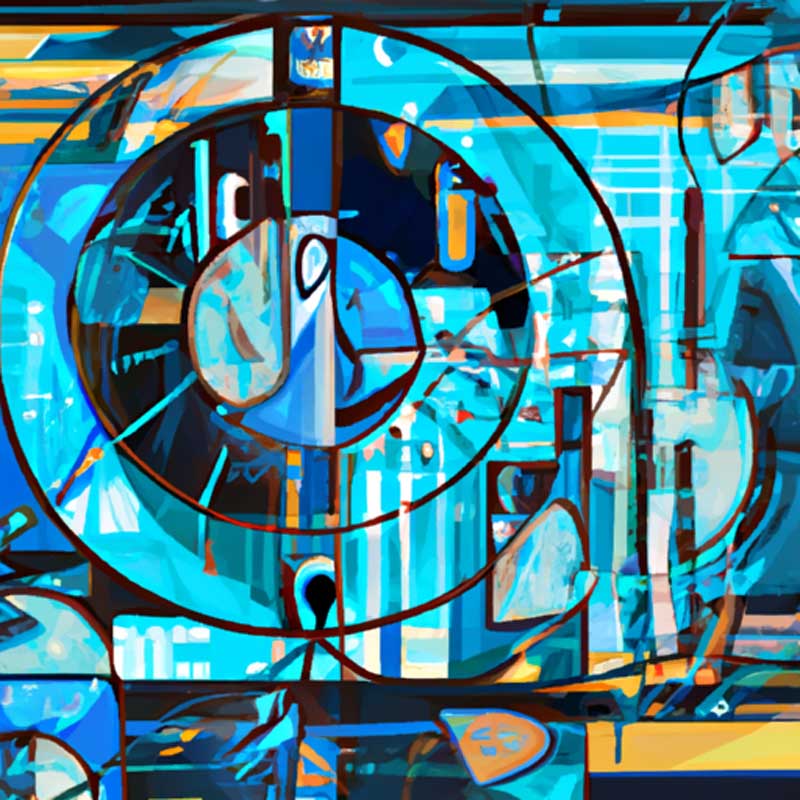TLDR:
- NVIDIA announces generative physical AI advancements at SIGGRAPH, including new NIM microservices and reference workflows.
- Physical AI technology is transforming industries like manufacturing and healthcare, enabling robots and automation to perceive, reason, and navigate their surroundings more effectively.
Millions of people already use generative AI to assist in writing and learning. Now, NVIDIA is bringing generative AI to help individuals navigate the physical world more effectively. At SIGGRAPH, NVIDIA announced advancements in generative physical AI, including new NIM microservices and the NVIDIA Metropolis reference workflow for building interactive visual AI agents.
Generative physical AI utilizes advanced simulations and learning methods to help robots and industrial automation better perceive, reason, and navigate their surroundings. This technology is transforming industries like manufacturing and healthcare, enabling advancements in smart spaces with robots, factory technologies, surgical AI agents, and autonomous vehicles.
NVIDIA offers a range of NIM microservices tailored for physical AI, supporting capabilities for speech and translation, vision and intelligence, and realistic animation and behavior. The NVIDIA Metropolis reference workflow provides a structured approach for customizing, building, and deploying visual AI agents, enabling enhanced decision-making, accuracy, interactivity, and performance.
Leading companies like Foxconn and Pegatron are utilizing NVIDIA’s physical AI technology, NIM microservices, and Metropolis reference workflows to design and run their manufacturing operations more efficiently. By building virtual factories in simulation and running thorough tests in digital twins, these companies are improving worker safety and achieving operational efficiencies.
Tools like NVIDIA NIM microservices and Omniverse Replicator enable developers to build generative AI-enabled synthetic data pipelines to accelerate the creation of robust datasets for training physical AI, enhancing adaptability and performance across industries and use cases.
